"Serbs and Roma still discriminated in Croatia," says AI
Discrimination against Serbs and Roma continues in Croatia, according to the annual report of the Amnesty International NGO.
Wednesday, 24.02.2016.
10:51
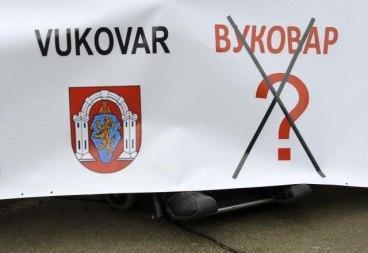
"Serbs and Roma still discriminated in Croatia," says AI
"The state-wide celebration in August of the 20th anniversary of Operation Storm, which saw 200,000 Serbs flee from Croatia in 1995,brought tensions between Serb and Croat nationalists back," said Amnesty International."In August, the town council of Vukovar passed a motion to remove public signs in the Cyrillic (Serb) alphabet, and to require a special request and the payment of a fee for the receipt of official communications in Cyrillic, despite the fact that 34 percent of the town’s population were ethnic Serbs," the report said, noting that "the Croatian law on minority rights entitles minorities amounting to one third of the municipal population to official usage of their languages and scripts."
According to the NGO, discrimination against Croatian Serbs in public sector employment and in the restitution of tenancy rights to social housing "vacated during the 1991-1995 war" persisted, while "social exclusion of and discrimination against Roma remained widespread, particularly in accessing adequate housing and employment opportunities."
The report on human rights further mentions that "the municipal court in Split acquitted three men standing trial for a homophobic attack against six women in the town in 2012," and that "the victims alleged that the local police had threatened them when they filed their complaint, failed to arrest the suspects on the spot and investigate the crime effectively."
"In June, the Osijek County Court confirmed the decision of the Zagreb Municipal Court, finding that Zagreb Pride, a lesbian, gay, bisexual, transgender and intersex (LGBTI) organization, violated the honor and dignity of a former employee of the Croatian Radio Television (HRT) by placing her on the annual list of candidates for the most homophobic person of the year 2013," continued the report.
Croatia's parliament in May "passed the Law on the rights of victims of sexual violence in war providing survivors of wartime sexual violence with Croatian citizenship, a lump-sum compensation amounting to EUR 13,000 and a monthly allowance amounting to EUR 328."
"However, Croatia had not yet adopted a comprehensive legislative framework that would regulate the status of, and access to reparation for, all civilian victims of war crimes," Amnesty International said, and added:
"Croatia did not ratify the International Convention against Enforced Disappearances nor did it adopt a law on missing persons. In the absence of these legal instruments, relatives of the 1,600 missing persons in Croatia were denied access to justice and reparations."
The report mentions that 550,000 refugees and migrants passed through Croatia in 2015 on their way to other EU countries, and that only a few hundred sought asylum in Croatia.
"The authorities failed to identify vulnerable individuals, including unaccompanied minors and victims of human trafficking entering the country through its land borders," Amnesty International said.










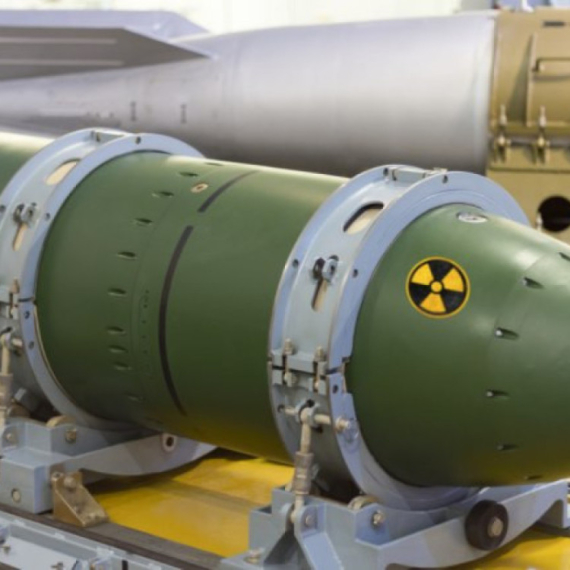





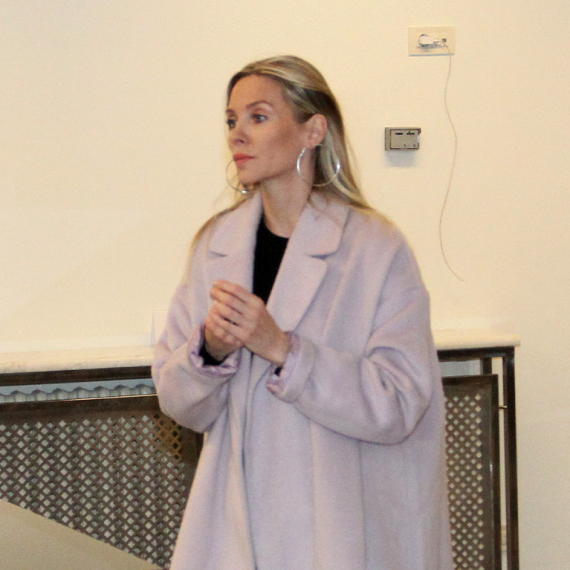

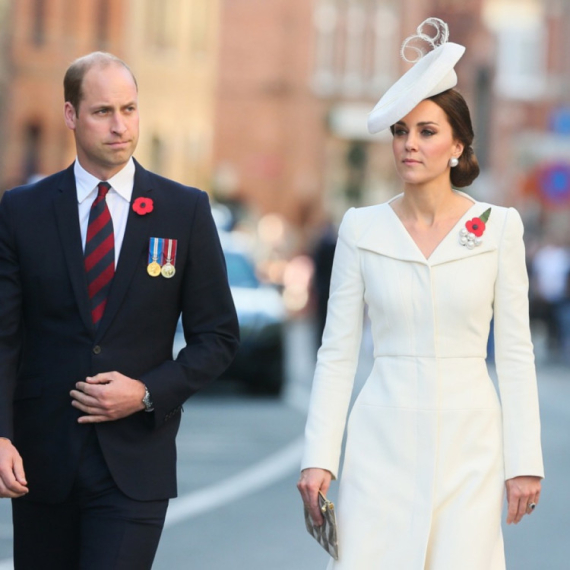

















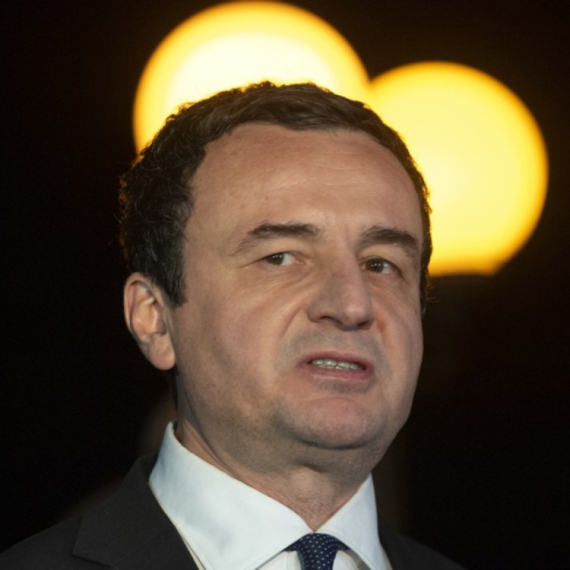
















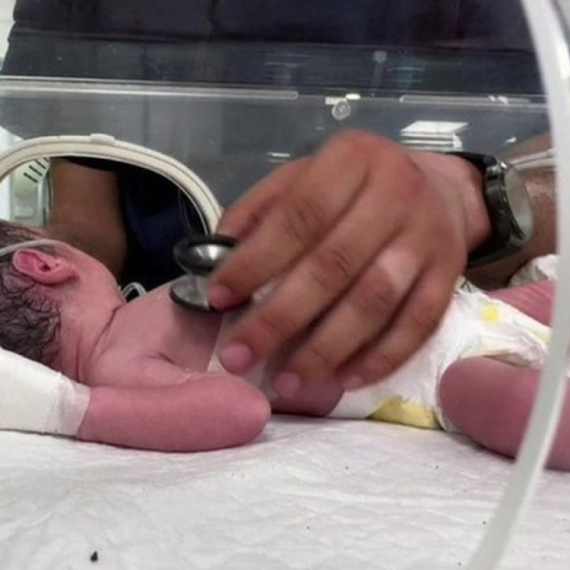

Komentari 10
Pogledaj komentare